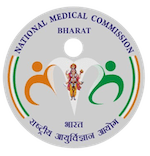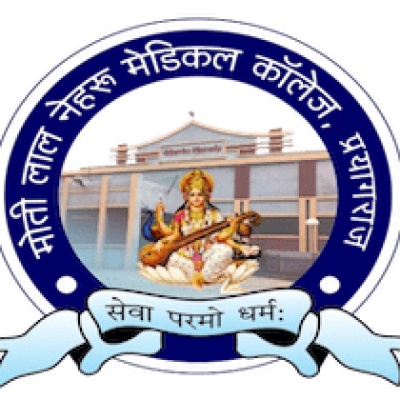MD (Doctor of Medicine)
MD (Doctor of Medicine)
A Doctor of Medicine (MD) is a postgraduate medical degree that provides advanced training in a specific field of medicine. The MD program typically follows the completion of an MBBS or equivalent undergraduate medical degree and is designed to deepen knowledge, enhance clinical skills, and prepare physicians for specialized practice.
1. Introduction to the MD Program
- Program Objectives: Overview of what the MD program aims to achieve.
- Specialization Areas: Description of different specializations available (e.g., internal medicine, surgery, pediatrics).
2. Advanced Clinical Training
- Specialty Training: In-depth clinical training in the chosen specialty area, including diagnosis, treatment, and patient management.
- Clinical Rotations: Rotations in various departments relevant to the specialty, providing hands-on experience in different aspects of patient care.
- Case Management: Development of skills in managing complex cases and understanding the nuances of specialty-specific conditions.
3. Theoretical Knowledge
- Advanced Pathophysiology: Detailed study of disease mechanisms and how they affect different systems and organs.
- Advanced Pharmacology: In-depth knowledge of drugs used in the specialty, including indications, side effects, and interactions.
- Diagnostic Techniques: Advanced techniques and technologies for diagnosing and monitoring diseases specific to the specialty.
4. Research and Evidence-Based Medicine
- Research Methodology: Training in research design, methodology, and data analysis.
- Dissertation/Thesis: Conducting original research and writing a thesis on a relevant topic within the specialty.
- Evidence-Based Practice: Application of current research to clinical practice, including critical appraisal of scientific literature.
5. Specialized Topics
- Subspecialty Training: Focused study on niche areas within the chosen specialty. For example:
- Internal Medicine: Endocrinology, cardiology, nephrology.
- Surgery: Oncologic surgery, minimally invasive techniques.
- Pediatrics: Pediatric cardiology, neonatology.
- Emerging Trends: Exploration of new advancements, technologies, and treatments relevant to the specialty.
6. Teaching and Mentorship
- Educational Techniques: Skills in teaching and mentoring medical students and residents.
- Clinical Teaching: Opportunities to lead and teach in clinical settings, including presentations and supervision of junior trainees.
7. Medical Ethics and Professionalism
- Ethical Principles: Advanced study of medical ethics, including handling complex ethical dilemmas.
- Professional Behavior: Emphasis on maintaining professionalism in patient interactions and clinical settings.
8. Assessment and Evaluation
- Exams: Comprehensive written, practical, and oral exams assessing advanced medical knowledge and clinical skills.
- Clinical Evaluation: Regular assessments of clinical performance through direct observation and feedback.
9. Leadership and Management
- Healthcare Leadership: Training in leadership roles within clinical settings, including team management and decision-making.
- Healthcare Systems: Understanding of healthcare policies, administration, and the broader healthcare system.
10. Continuing Medical Education (CME)
- Workshops and Seminars: Participation in specialty-specific workshops, conferences, and continuing education opportunities.
- Professional Development: Engaging in ongoing learning to stay current with advancements in the field.
11. Conclusion and Certification
- Program Summary: Overview of achievements and key learning outcomes.
- Certification: Awarding of the MD degree upon successful completion of program requirements.
12. Additional Resources
- Recommended Textbooks: Key texts and reference materials for advanced study in the specialty.
- Online Resources: Access to medical journals, databases, and educational platforms.
- Support Services: Academic advising, research support, and career guidance.
The MD program is designed to build on foundational medical knowledge and skills, preparing physicians for specialized practice and leadership roles in their chosen field.



